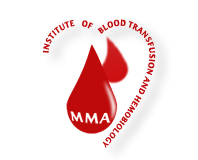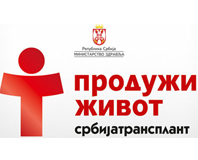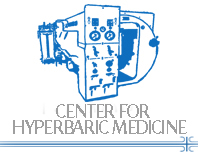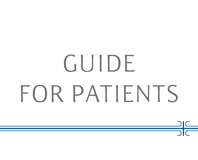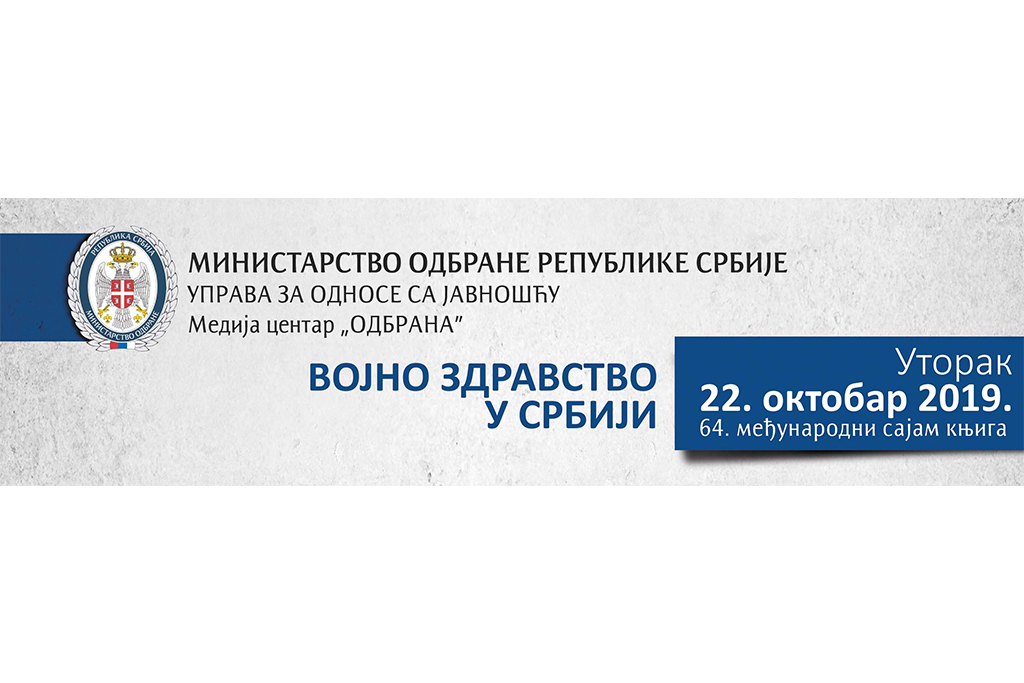
Panel Discussion Held at the Book Fair: "Experiences in Capacities Engagement of the Medical Services during the 1999 NATO Aggression on FRY
22. 10. 2019
During the day dedicated to Military Healthcare, at the stand of the Ministry of Defense and the Serbian Armed Forces within the 64th International Book Fair in Belgrade, there was a panel entitled "Experiences in Capacities Engagement of the Medical Services during the 1999 NATO Aggression on FRY ".
Colonel Dr. Nebojsa Djenic, Head of the Department of Surgical Diseases of the Military Hospital Nis and Colonel Assistant Professor Dr. Srdjan Starcevic, Head of the Clinic for Orthopedic Surgery and Traumatology of the Military Medical Academy, spoke at the panel about the experiences of military medical services during 1999.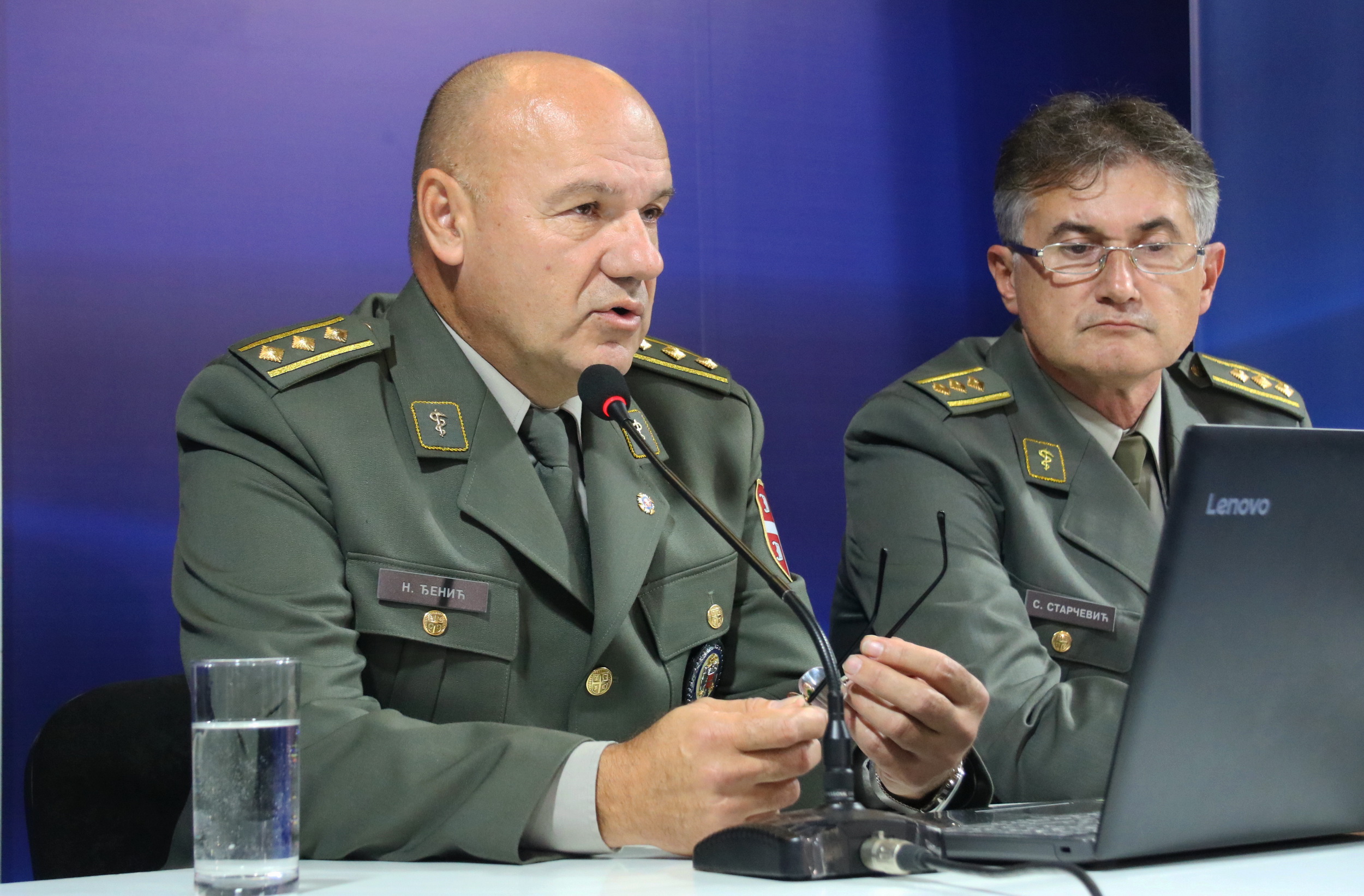

- The organization of the Serbian Armed Forces Medical Services during those war years was very complex, but also effective. Statistically processed data from the field, from the border and Kosare, through Djakovica and Kosovo and Metohija in general, to the Military Hospital in Nis and the MMA in Belgrade, where the largest number of wounded were treated during this period, showed that the performance of the Medical Service was at an enviable level, Colonel Dr. Djenic estimated, having recalled the difficult conditions under which doctors of the then Yugoslav Army worked in the field. Speaking about the quality of treatment of the wounded during the war in 1999, Djenic presented data that the patients who had been treated by the Military Medical Service were among the most adequately cared for in relation to all the medical services engaged during the NATO aggression against the Federal Republic of Yugoslavia having being attributed to the superior training, professionalism and experience of military medical professionals.

Colonel Dr. Starcevic pointed out that war surgery was the most difficult because the injuries that were inflicted by modern war weapons were terrible.
- In the 1990s, we acquired important knowledge in surgery, unfortunately in the field. And it is known that the best school for surgery is war surgery. By 1999, I had gained enough practice experience and thought I had seen everything before. However, this was not the case. I was in a shift team when Dragisa Misovic Hospital was bombed in Belgrade. The injuries to the wounded soldiers that night were something I first encountered with, since, in similar conditions, wounded people who had already been treated in some way were transported to the hospital. However, those soldiers were given only the necessary first aid and were immediately sent to the hospital, recalled Colonel Dr. Starcevic of the 1999 war experience, having agreed with a colleague from the Nis Military Hospital that war surgery had an equally important role in peacetime conditions, given that it is prepared for such situations owing to extensive experience in emergency situations that civilian medical professionals often do not have contact with.


